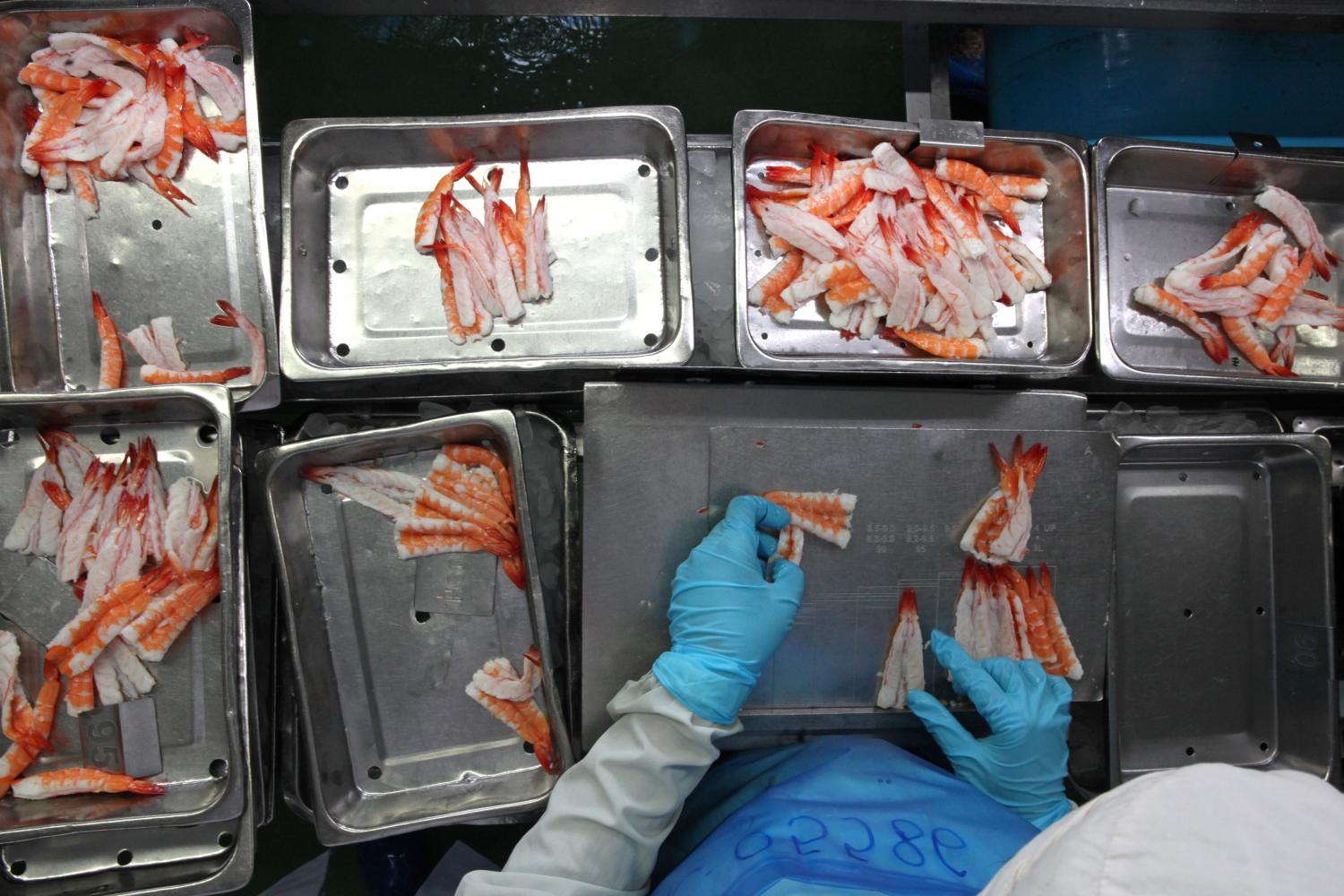
SET-listed Thai Union Group Plc (TU), a global seafood conglomerate, saw its 2019 net profit rise by a mere 0.5% year-on-year amid a challenging sales environment and a one-time impairment expense.
Normalised net profit stood at 5.22 billion baht, up from 5.19 billion a year earlier. This excluded the net impact of an accrual for a US legal settlement worth 1.4 million baht.
"Higher tax expense and revaluation of investment of 173 million baht put pressure on the bottom line, despite a partly improved profit share and higher foreign exchange gains. As a result, fourth-quarter net profit was 1.1 billion baht, down 13.6% year-on-year," said TU in its management discussion and analysis for fiscal 2019 results.
TU reported challenging sales at 32.9 billion baht, down 8.8% year-on-year in the fourth quarter, attributed to the baht's significant appreciation against major currencies and a decline in key raw material prices.
Excluding the foreign exchange impact, fourth-quarter sales would be down by 3.7% year-on-year.
Full-year sales were down 5.3% year-on-year to 126 billion baht from 2018's 133 billion on the back of the baht's strength and falling raw material prices.
Full-year sales would have declined by 1.4% year-on-year if the foreign exchange impact was excluded.
For ambient seafood, sales declined by 11.5% year-on-year attributed to the baht's appreciation and lower tuna prices, which fell by 33% year-on-year.
"The decline in sales volume was mainly thanks to lower export sales from Thailand [because of] the strong baht. Product prices recovered in European markets," said TU.
Pet care and value-added sales also declined by 8.8% year-on-year, mostly because of the foreign exchange impact.
But frozen and chilled seafood sales volume saw a 10.2% year-on-year rise driven by shrimp and salmon volume growth, with a strong margin recovery.
The US was the main market accounting for 40% of total sales, followed by Europe at 28%. Thailand ranked third at 12.4%, with Japan and other countries accounting for 5.3% and 15%, respectively.
TU shares closed yesterday on the SET at 15.30 baht, up 30 satang, in trade worth 131 million baht.